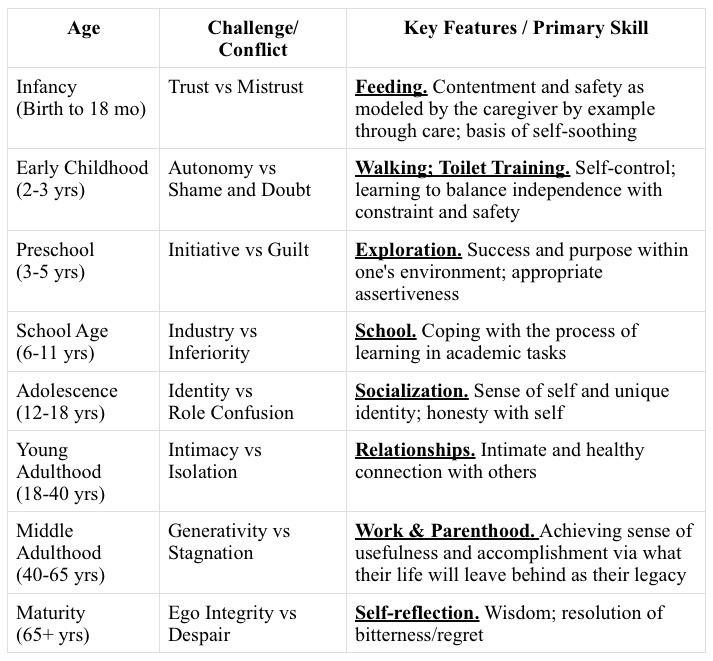Those
who grow up in a high demand religious group classify as a “Second Generation Adults” (SGAs) – adults who grew up under parenting
that was dictated by and within a closed ideological system. The
needs of “SGAs” are very different from those of the adults who
make the choice as adults to yield themselves to such a system. These
children who are born or inducted into a group never had the luxury
of making such an independent choice. Depending on the group, many of
these SGAs find that the parenting they received fell well below a
“good enough” standard.
If
you’re not acquainted with someone who is an SGA, think of people
you know who were reared in a family where they had very strict
standards for appearance, behavior, talking, not talking, work,
outside activities, etc. For instance, that kind of profile of rules
and regulations has often been seen in the families of pastors or missionaries. It can often
have a crippling effect on children, leaving them overly compliant –
or perhaps the opposite: out of control and self-destructive.
Finding
the Gaps: Defining “Not Good Enough”
As a
nurse, I learned how Eric Erikson's framework of mental growth and
development is especially important when caring for those who are
ill, especially children. Not only does this assessment help to
identify learning issues or delays, it also provides a critical
measure of the child’s coping. If a child reverts back into the
struggles associated with an earlier stage, that loss of competency
and regression becomes an adjunct to the clinical findings, serving
as an indicator of how well (or poorly) the medical team has met the
child’s needs. Stress and illness also interfere with normal
growth and development – as do the harsh demands that high demand
groups place on chldren.
For the
sake of illustration, let us consider a toddler in early childhood.
Children of this age should be busy learning where they begin and
where they end, how to control themselves, and how to tolerate
frustration from the constraints of life. The parent’s job involves
setting limits for toddlers while nurturing and rewarding their
ability to be patient, all while mastering basic skills that are
often frustrating for them which initially feels uncomfortable as
opposed to pain. Now, think of children who have been conditioned to
be silent through blanket training or through use of the “Biblical
rod” often and several times before breakfast. Their experience of
learning mastery can very well become unbalanced, and they
internalize far more shame and guilt as opposed to healthy
independence as the basis for initiative.
As a
young adult, I worked on my deficits that arose because of the themes
and problems in my life. I quickly realized that instead of focusing
on and mastering intimate relationships, I had to go back to work on
issues of trust versus mistrust – core issues of infancy. And I
still contend with this remedial work but make progress by sticking
with healthy self-care. In the long run, this need did direct me
back to “fill in the gaps,” and that has been a marvelous impetus
to develop my character. I had to “reframe” the deficits that had
created some debilitation. They became opportunities to purposely
work at becoming the best person that I could be.
Unreasonable Expectations for Kids in High Demand Groups
We all
have gaps, but those with “good enough” parenting don’t suffer
debilitation. Those from totalist environments usually suffer with a
degree of impairment that requires soul searching and skill
development later in life. But making peace with the idea that I even
needed to do this because my circumstances robbed me of “what
should have been” was also a developmental challenge. It was yet
another area of acceptance and work – on top of everything else. I
also did much grieving, for my anger voiced that grief. (Always
remember that anger
is not a sin in itself but is a symptom of a problem or a
challenge. It is often a function of discernment and safety.)
Though
this is another large subject, parents who raise their children
within a high-demand system tend to develop unreasonable expectations
for them. This
series of posts discusses the more common pitfalls that parents
fall into, often because their religious group denied that healthy
children manifest immaturity. The primary qualities that parents must
nurture in children and must give to them include value, a sense of
human vulnerability (especially for children), imperfection, and the
quality of immaturity which is normal for children. High-demand
groups tend to see these qualities as sinful self-centeredness.


